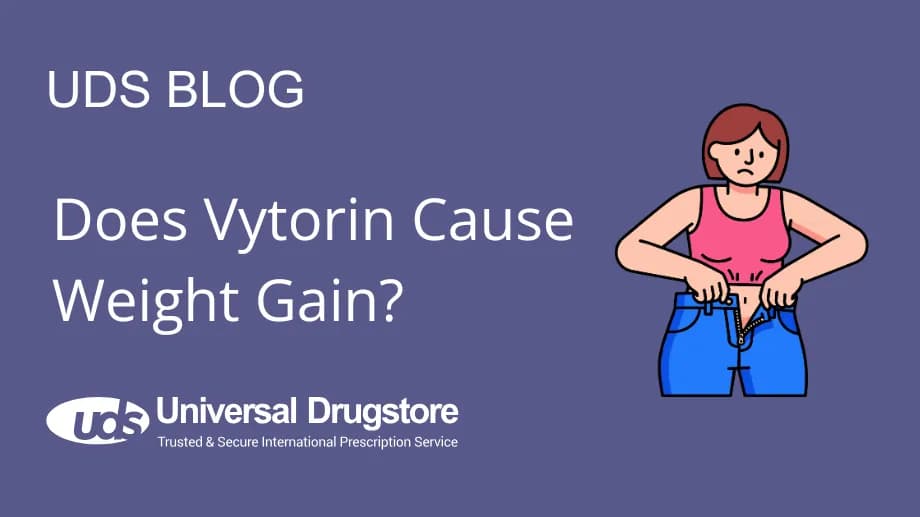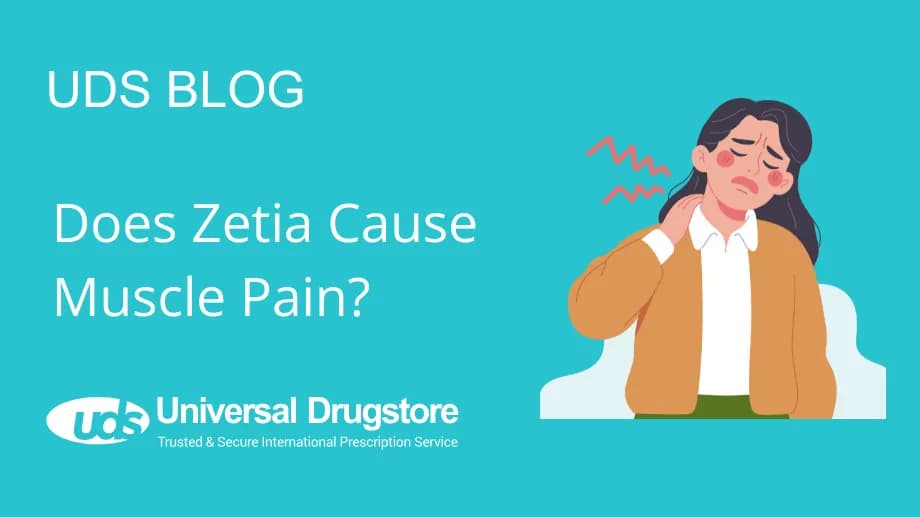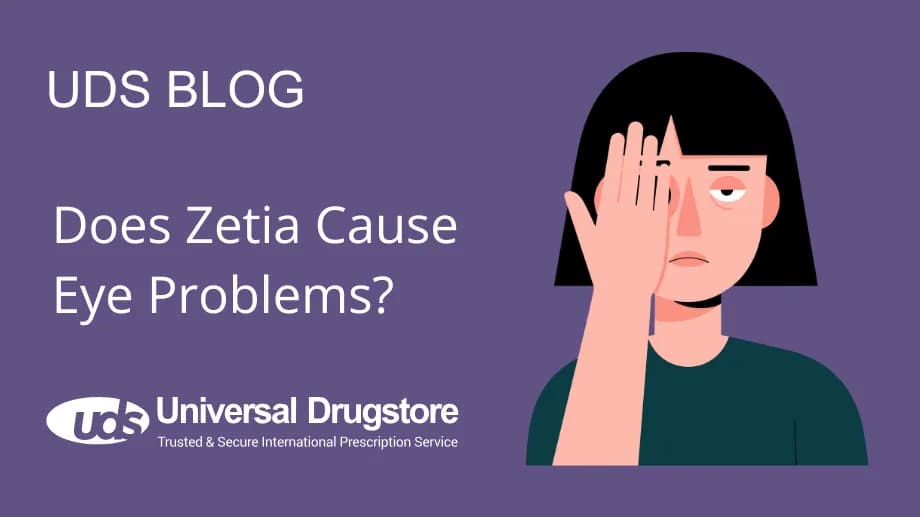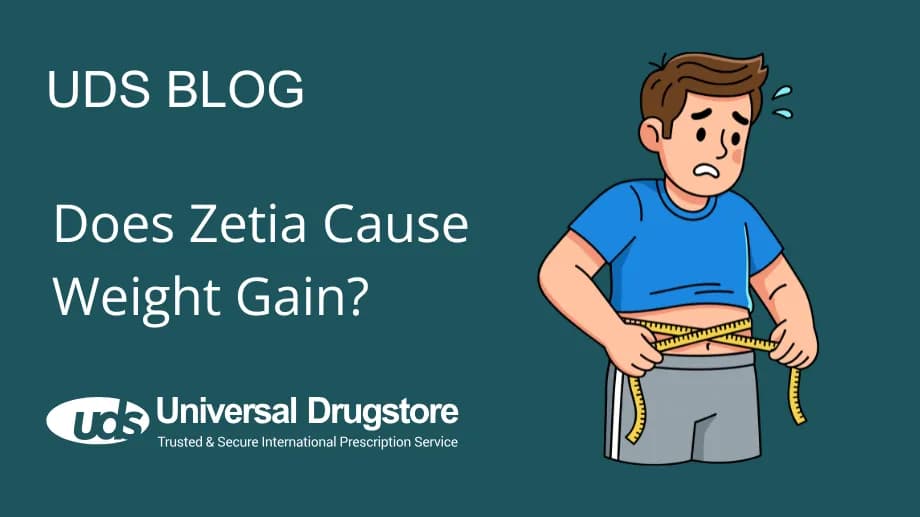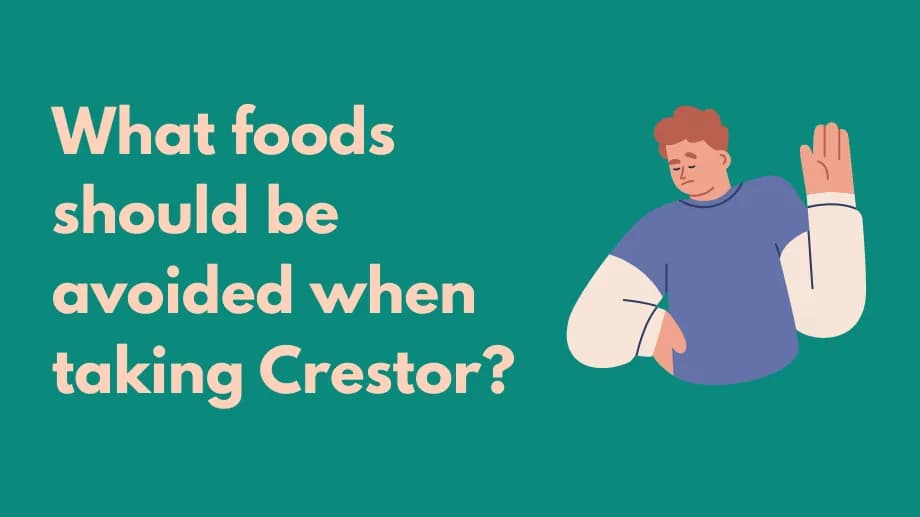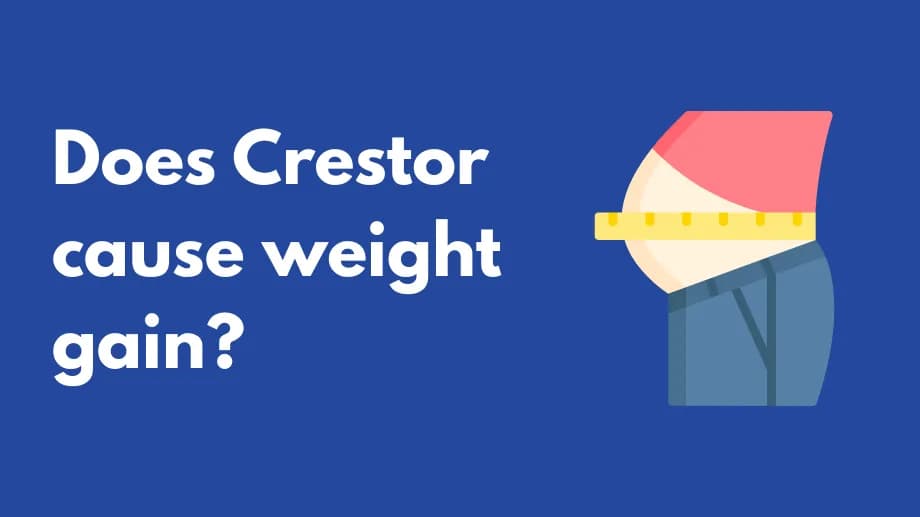High Cholesterol Causes and Treatments
Around 2 in 5 adults in the U.S. have high cholesterol (total blood cholesterol ≥ 200 mg/dL). High levels of cholesterol put you at risk for serious complications such as coronary heart disease and stroke, two leading causes of death in America.
High cholesterol has no signs or symptoms, so the only way to know if you have it is to get your cholesterol levels checked. Your risk factors and previous test results will determine how often you should have it measured.
What is high cholesterol?
Cholesterol is a waxy, fat-like substance found in all cells of your body and is essential for producing hormones, vitamin D, and substances that help digest foods. However, too much cholesterol in your blood (hyperlipidemia) can increase your risk of heart disease and stroke.
Cholesterol travels through your bloodstream in lipoproteins, which are made of fat (lipids) and proteins. The two main types are:
- Low-Density Lipoprotein (LDL): Often called “bad cholesterol,” high levels can lead to plaque buildup in arteries (atherosclerosis), increasing heart attack and stroke risk.
- High-Density Lipoprotein (HDL): Known as “good cholesterol,” HDL helps remove cholesterol from the bloodstream, taking it to the liver for processing and elimination.
Triglycerides, another blood fat, are also measured. High triglyceride levels can further increase heart disease risk.
High cholesterol can result from a diet high in saturated fats, trans fats, and cholesterol-rich foods; genetics; inactivity; obesity; smoking; and conditions like diabetes, hypothyroidism, and kidney disease. It is detected through a lipid panel measuring total cholesterol, LDL, HDL, and triglycerides.
What causes high cholesterol?
High cholesterol arises from genetic, dietary, lifestyle, and medical factors:
Dietary Factors
- Saturated fats: Red meat, full-fat dairy, palm and coconut oils raise LDL.
- Trans fats: Found in processed, baked, and fried foods; raise LDL and lower HDL.
- Dietary cholesterol: Egg yolks, organ meats, shellfish can contribute when consumed in excess.
Genetics
- Familial hypercholesterolemia: Genetic disorder causing very high LDL from a young age.
- Family history of high cholesterol.
Lifestyle Factors
- Physical inactivity: Lowers HDL and raises LDL.
- Obesity: Increases LDL and decreases HDL.
- Smoking: Lowers HDL and damages blood vessels.
Medical Conditions
- Diabetes: Raises LDL and lowers HDL.
- Hypothyroidism: Underactive thyroid increases cholesterol.
- Kidney disease and liver disease: Affect lipid metabolism.
Medications
- Corticosteroids, anabolic steroids, and some blood pressure drugs can raise cholesterol.
Other Factors
- Age: Cholesterol rises as you get older.
- Sex: Women’s LDL rises after menopause.
- Alcohol: Excessive intake raises cholesterol and triglycerides.
- Stress: May trigger hormonal changes and poor dietary choices.
How does high cholesterol affect the body?
Cardiovascular System
- Atherosclerosis: Plaque buildup hardens and narrows arteries.
- Coronary artery disease: Plaques in heart arteries cause chest pain and heart attacks.
- Stroke: Plaques in brain arteries increase stroke risk.
Peripheral Artery Disease (PAD)
Plaques in limb arteries cause pain and cramping during activity.
Other Organs
- Kidneys: Reduced blood flow impairs function.
- Gallbladder: Excess cholesterol in bile can form gallstones.
Other Effects
- Xanthomas: Fatty deposits under the skin or around the eyes.
High cholesterol reduces quality of life and increases the risk of life-threatening events.
How is high cholesterol diagnosed?
Diagnosis requires a lipid panel, a blood test measuring:
- Total cholesterol
- LDL cholesterol (“bad”)
- HDL cholesterol (“good”)
- Triglycerides
You may be asked to fast for 9–12 hours before testing, though some guidelines allow non-fasting panels. Results are interpreted against standard ranges and personal risk factors. Regular screening is important, especially with other cardiovascular risks.
How is high cholesterol treated?
Lifestyle Changes
- Diet: Reduce saturated and trans fats; eat fruits, vegetables, whole grains, lean proteins; increase omega-3s and soluble fiber; use healthy oils.
- Exercise: Aim for at least 150 minutes of moderate or 75 minutes of vigorous activity weekly.
- Weight management: Losing even modest weight can improve levels.
- Smoking cessation
- Moderate alcohol: Up to one drink/day for women, two for men.
Medications
- Statins: Block cholesterol production in the liver (e.g., atorvastatin, simvastatin).
- Cholesterol absorption inhibitors: Reduce intestinal absorption (e.g., ezetimibe).
- PCSK9 inhibitors: Injectable drugs that enhance LDL clearance (e.g., alirocumab, evolocumab).
- Bile acid sequestrants: Bind bile acids, forcing the liver to use more cholesterol (e.g., cholestyramine).
- ACLY inhibitors: Block cholesterol synthesis (e.g., bempedoic acid).
- Fibrates: Lower triglycerides and raise HDL (e.g., fenofibrate, gemfibrozil).
- Niacin: Raises HDL and lowers LDL/triglycerides, used less often due to side effects.
- Prescription omega-3s: Lower triglycerides (e.g., Lovaza).
Medical Procedures
In rare cases of familial hypercholesterolemia, LDL apheresis filters LDL from the blood, similar to dialysis.
Monitoring and Follow-Up
Regular check-ups and lipid panels help ensure treatment effectiveness and adjust therapies as needed to reduce cardiovascular risk.
Sources
- What is Cholesterol? American Heart Association. Accessed May 14, 2024.
- Blood cholesterol. National Heart, Lung, and Blood Institute. Accessed May 14, 2024.
- Lipid Panel. Johns Hopkins Medicine. Accessed May 14, 2024.
- About Cholesterol. Centers for Disease Control and Prevention. Accessed May 14, 2024.
- Cholesterol levels: What You Need to Know. MedlinePlus. Accessed May 14, 2024.
- Cholesterol Medications. American Heart Association. Accessed May 14, 2024.
